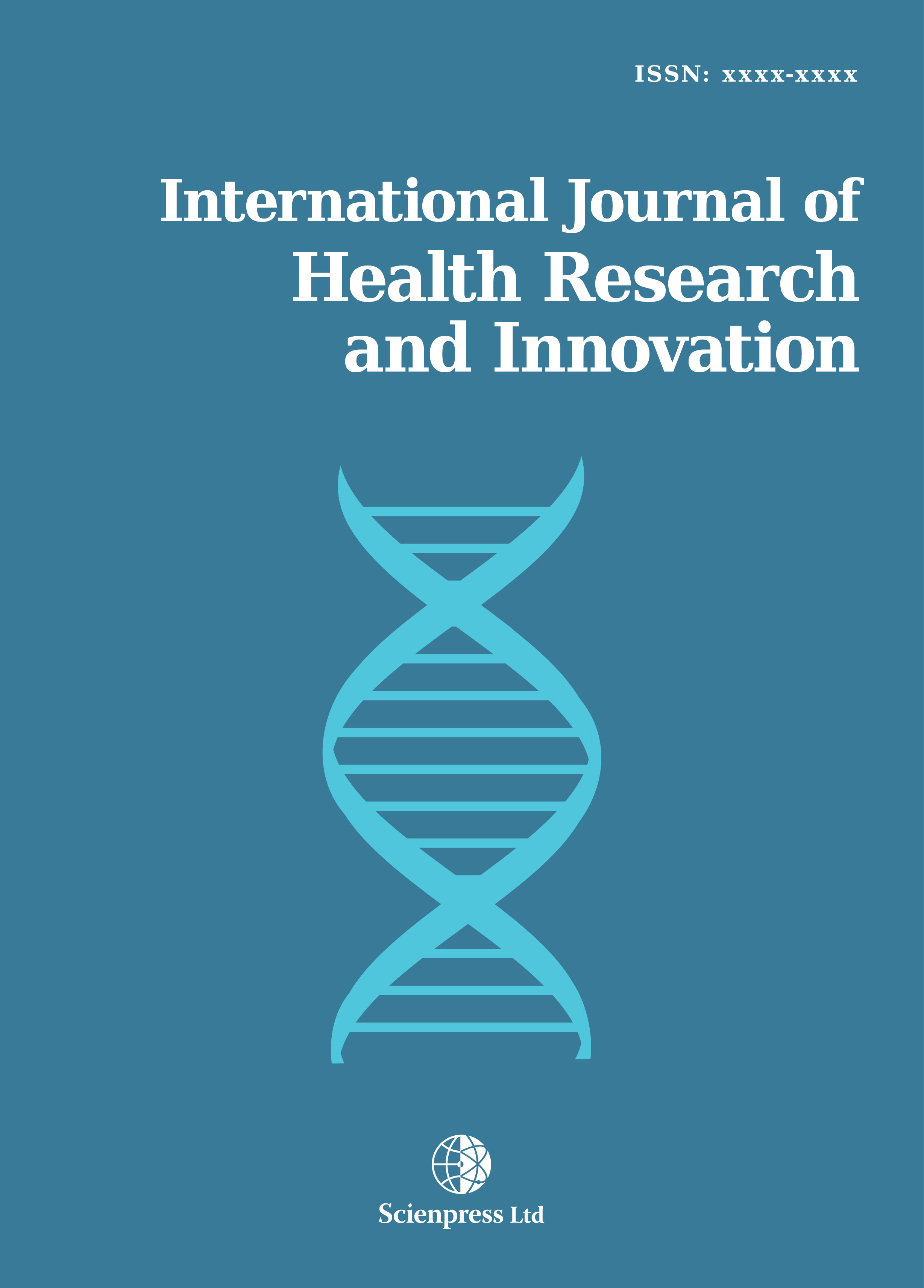International Journal of Health Research and Innovation
Tobacco Harm Reduction: Underpinning Issues, Challenges, and Scope for Innovation
-
 [ Download ]
[ Download ]
- Times downloaded: 9086
Abstract
Tobacco is one of the leading causes of mortality in India, significantly correlated with gender, occupation, education and age. With more than 100 million smokers and another 200 million users of smokeless tobacco products (SLTs), India ranks as one of the highest manufacturer and consumer of tobacco products worldwide. Further, 50% of oral cancers are attributed to SLTs with the highest mortality rates in women globally. The magnitude and pattern of tobacco consumption are influenced by the geographical setting, and with rapid urbanization in India, there is an urgent need to understand this differential pattern. This will assist in planning tobacco cessation initiatives across rural and urban India. Tobacco harm reduction (THR) initiatives have creatively employed innovative methods for harm reduction including philately to smartphone based apps for awareness, detection, treatment, diet and lifestyles. Major challenges for conducting such studies was the confluence of socio-economic factors leading to a significant gap between the outreach of THR programs and the potential use of technology and innovation, especially for underprivileged and vulnerable populations. The authors further review existing strategies for THR and propose two existing technologies for early detection of cancers and encourage the use of additional technologies for THR initiatives.
Keywords: Tobacco Harm Reduction, Smokeless Tobacco Products, Innovation and strategy, Nicotine replacement therapy, tobacco cessation and safe alternatives, Use of technology for tobacco cessation.
